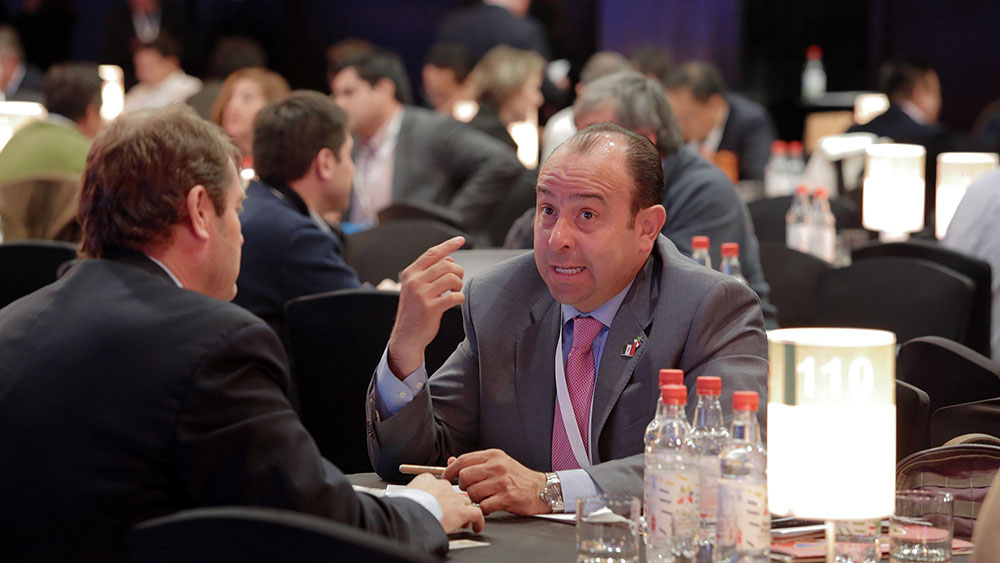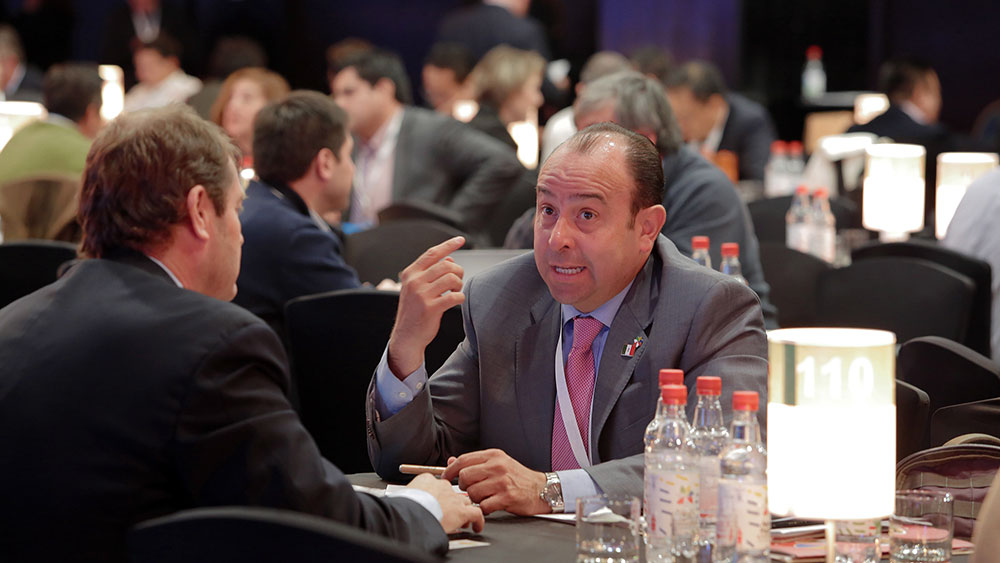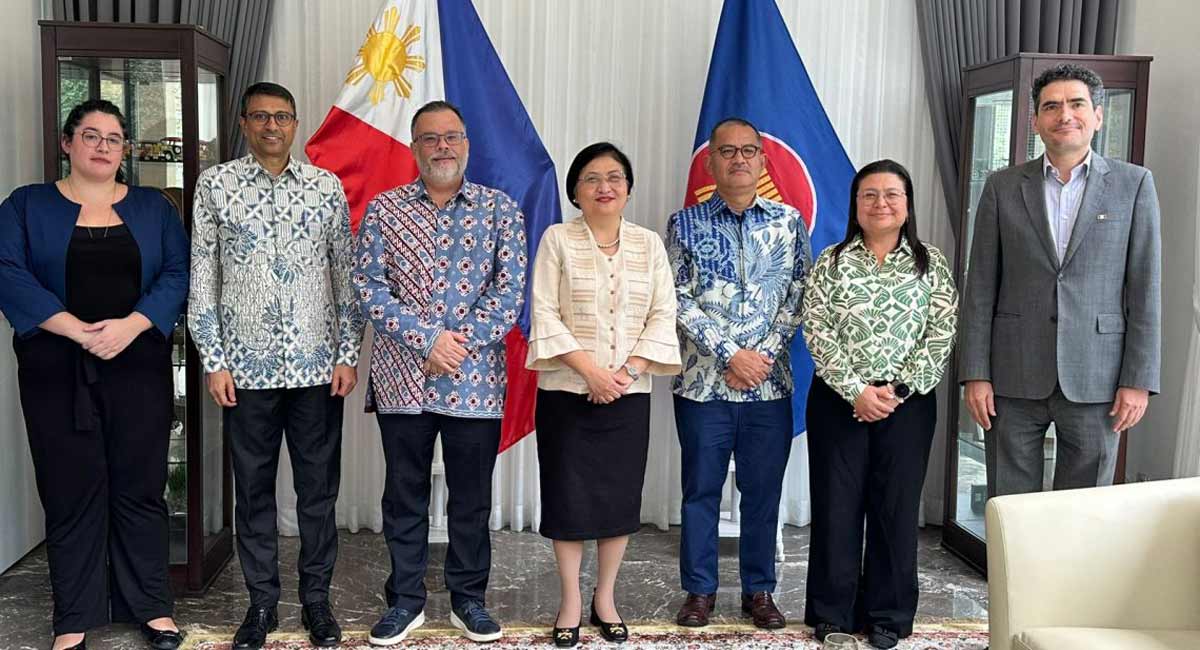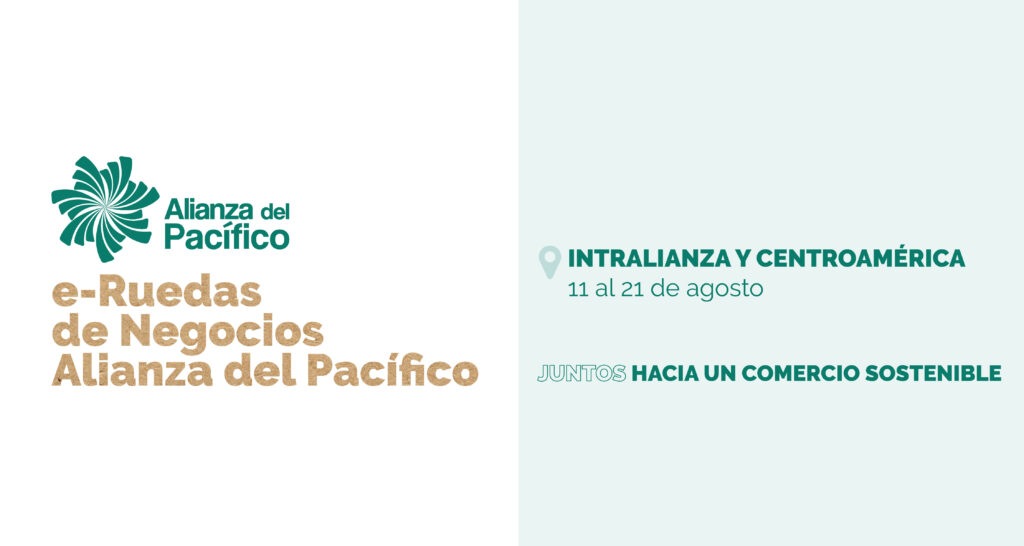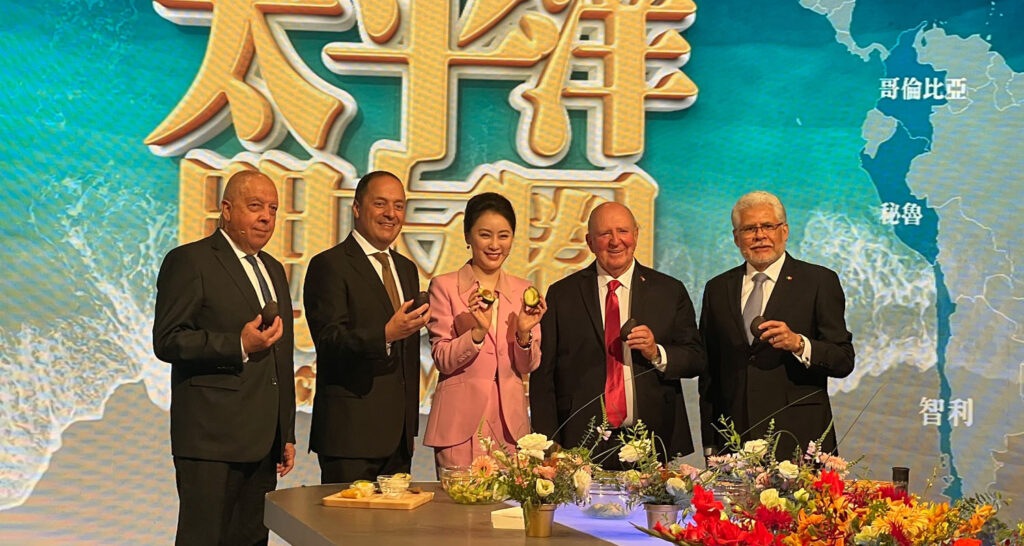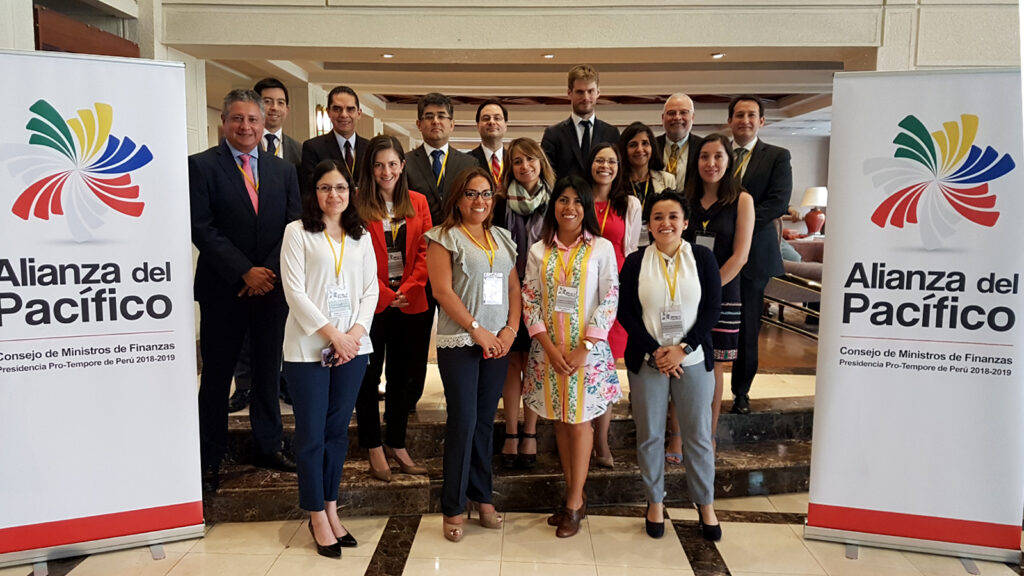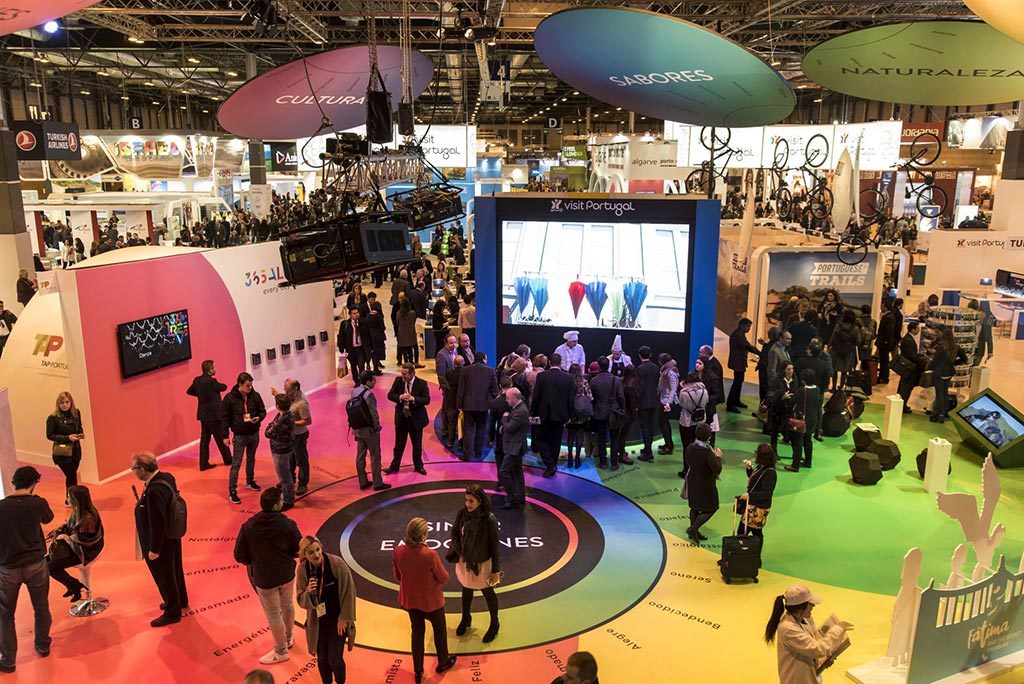Alianza del Pacífico (febrero 28, 2018). El proceso de negociación de la Alianza del Pacífico con Australia, Canadá, Nueva Zelandia y Singapur (Candidatos a Estado Asociado- CEA), permitirá al bloque avanzar en el cumplimiento de uno de sus objetivos fundamentales: convertirse en una plataforma de integración económica y comercial de proyección, trayendo beneficios directos para los empresarios de los cuatro países, en especial con la región del Asia Pacífico.
Los elementos clave de estas negociaciones para Chile serán la posible incorporación de nuevas materias, que actualmente no están contenidas en el Protocolo Adicional de la Alianza del Pacífico. Estos son: Defensa Comercial, Pymes, Cooperación, Propiedad Intelectual, Medioambiente, Laboral, Género y Comercio, Entrada Temporal de Personas de Negocios, y Empresas comerciales del Estado y Política de Competencia. La incorporación de estos capítulos permitirá abrir nuevas oportunidades para el país, al incorporar los temas que ya están marcando –y lo harán cada vez con más fuerza-, la agenda del comercio internacional del futuro.
En términos comerciales, no sólo se abren mejores oportunidades para productos chilenos en países del Asia Pacífico, sino que también en acumulación de origen, en los futuros Estados Asociados.
Finalmente, se destaca la similitud política y comercial de los CEA con los miembros de la Alianza del Pacífico, lo cual sería beneficioso para alcanzar una integración profunda y más dinamismo en el comercio global.
Para mayor información comuníquese a: Alianza_Pacifico@prochile.gob.cl

